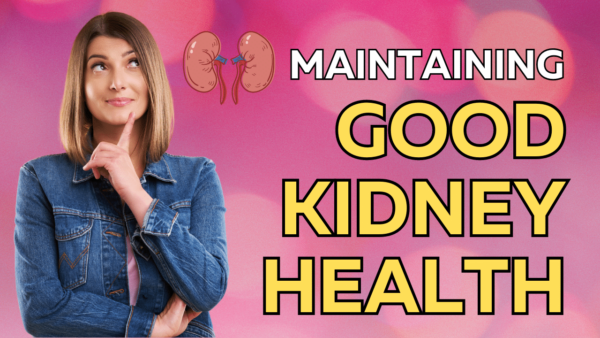The American healthcare system has been hit by a world of insecurity since early May. It’s hard to know where to begin. With all the differences between Obamacare and the proposed new laws for Trumpcare, it’s a challenging time for people who are concerned with their health care. But there’s one thing that stands out in the discussion so far: is having pre-existing conditions about to make getting health insurance more difficult?
Under Obamacare – or the Affordable Care Act (ACA) – insurance companies were precluded from denying healthcare to American citizens because of pre-existing conditions. But the House version of the new system (AHCA) seems to be making having a previous disease a stumbling block to affordable health insurance.

So, what is a pre-existing condition? Why are they such a huge part of the healthcare conversation?
Pre-Existing Conditions
Pre-Obamacare, insurance companies could deny a person health insurance coverage due to illnesses or conditions that they may have had earlier in their life. Basically, a pre-existing condition as it pertains to health care is a medical condition that was present before you had health insurance. Health insurers based their premiums on a number of factors – age, health status, family circumstances, occupation – and then made a determination on how likely you were to need to use expensive healthcare treatments in the future. In practicality, this was because some conditions made your likely future healthcare a more expensive “bet” for the insurance company and they denied you coverage as a result.
Pre-Existing Conditions: Am I Covered?
With so much uncertainty around this topic, everyone needs a pre-existing condition list to assess how this might affect them. While this list is in no way exhaustive, it does give a brief overview on how and why these pre-existing conditions affect your premiums:
Anemia
There are multiple types of anemia, with various amounts of treatment options. Some can be just adding more supplements into your lifestyle. Others (like sickle cell anemia) call for blood transfusions, antibiotics and pain medication. Since it’s genetic, the disease doesn’t go away.
Arthritis
This is a degenerative disease so it is considered a high-risk illness for insurers. There’s also no cure, so being diagnosed with arthritis means you’ll be on constant medication at the very least.
Cancer
This awful illness is considered a pre-existing condition due to the huge effect it has on your future health, plus the likelihood of the disease returning. Chemotherapy is hugely expensive and a round of treatment can go for months. Surgery also figures in, leading to additional expenditures like hospital stays.
Cirrhosis of the Liver
This disease is considered a high risk for insurance due to the long-term effects that it has on a person’s health. It often leads to a need for a transplant. A transplant means anti-rejection drugs. New organs have to be watched for potential failure, meaning additional doctor visits.
Congestive Heart Failure
Heart failure of any kind is a common pre-existing condition. Due to the lifestyle factors that lead to heart failure, people who suffer from it would be considered high risk. The good news is there’s a lot of ways to treat heart disease, the bad is some require almost daily application. Fighting high blood pressure is a daily medication. Bypass surgery, stents and transplants all traumatize the body, making people vulnerable to other illnesses.
Diabetes
Both forms of this disease (Type 1 & 2) have long term health repercussions that often require lifelong care. Insulin is a recurring cost. It’s a disease that’s manageable, but the management costs money.
Obesity
Unlike most of the other conditions on this list, obesity is eminently preventable. It is a pre-existing condition due to the health risks it poses. Most serious diseases have being overweight as a symptom. It stresses every organ you have.
Pregnancy
It seems obvious, but pregnancy is a common pre-existing condition due to the expense of having a baby. There are also complications that can develop after childbirth. The problem with putting this in a high-risk pool is 1) we need to keep the human race going and 2) if a C-section is required for one, it’s necessary for all subsequent births.
Renal Failure
Having kidney failure is considered a pre-existing condition due to the long term care it requires plus the possible need for a transplant. All transplants (as we’ve mentioned above) bring a ton of costs along with them. And the potential costs leading up to that transplant, waiting for a donor can really rack up the bills.
Sarcoidosis
This disease (which involves abnormal collections of inflammatory cells that begin in the lungs) is considered a disqualifying condition due to the high cost of care that it can accrue. Pulmonary problems require being on a ventilator to help the body breath, which also means a hospital stay. Even if you’re carrying around your own oxygen supply, the cost of those containers are never-ending.
Again, this is not an exhaustive list but all the items on this list have one thing in common – they can be detected with a simple blood test. The sensible thing to do for your peace of mind, is to pay a visit to a Walk-in Lab and get screened for them as soon as possible.


